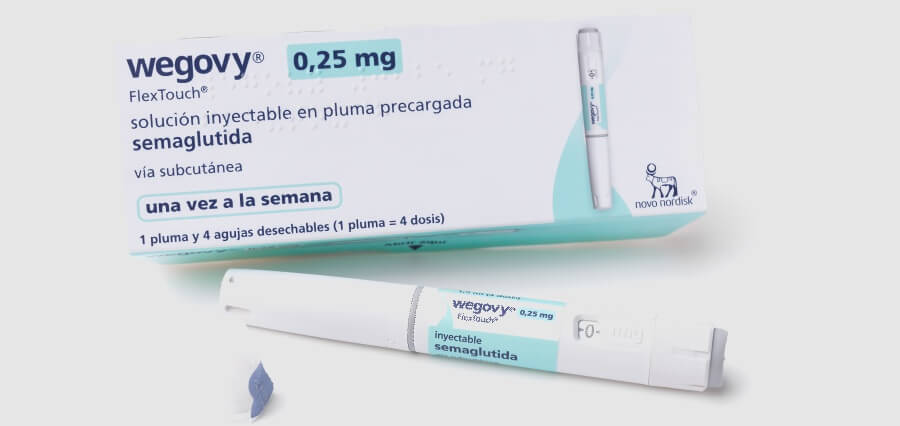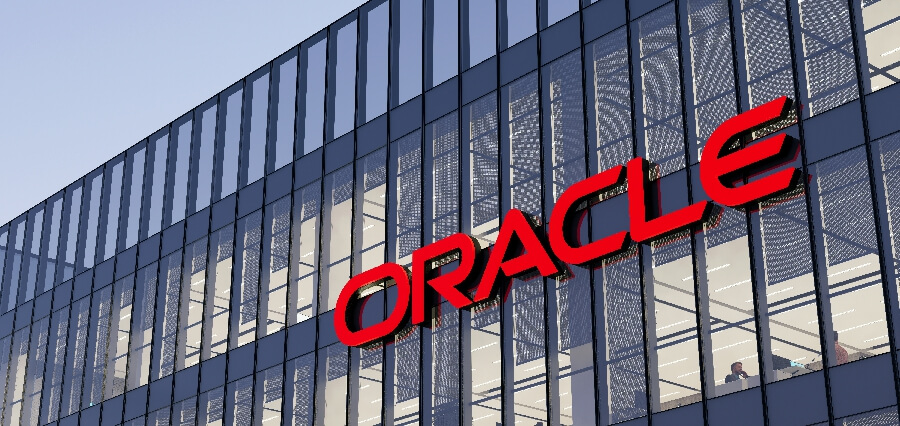Innovative Ventures
The UAE is heading towards a digital health revolution, with a focus on building a sustainable healthcare future. The country is shifting from a reactive “sick care” approach to a proactive and technology-driven “lifelong healthcare” model, driven by advancements in medical technology, AI predictive modeling, genomic sequencing, smart wearables, and telemedicine. The UAE is investing in these technologies to improve health outcomes, increase efficiency, and reduce healthcare costs. This shift will create a healthier population and a brighter future for the nation.
This article explores the transformative strategies shaping the healthcare sector in the UAE and offers a sneak peek into its future developments.
The Past Challenges
The UAE has faced numerous healthcare challenges in the past. These include access to healthcare services for all, attracting and retaining talent, instilling healthy habits in populations, and managing burnouts among caregivers. The region has also faced challenges in educating its populations on how to eat healthy and maintain an active lifestyle, and the need for diet and nutrition. The burden of chronic diseases such as diabetes has been increasing at alarming rates, leading to a need for more effective and sustainable health systems that focus beyond the hospital and into community centers and home-care systems. The workforce has also been facing challenges in keeping up with technological advances, leading to a need for more training and focus on the current workforce.
The UAE has been working to address these challenges by investing in modern hospitals, advanced medical equipment, and qualified personnel, as well as by focusing on preventative healthcare and creating a pool of local medical talent. The UAE has also been incorporating advanced technology into its healthcare system and focusing on home care to empower individuals to take control over their own health and well-being.
Sustainable Healthcare Strategies
The innovative strategies in UAE healthcare focus on leveraging advanced technologies, patient-centric care, public-private partnerships, and infrastructure development to enhance the quality of healthcare services and promote sustainable healthcare practices. These strategies include:
- Embracing Advanced Technologies: The UAE healthcare sector is integrating technologies like AI, blockchain, IoT, AR, VR, 3D printing, and robotics to revolutionize medical practices, enhance patient care, and improve operational efficiency.
- Patient-Centric Care: The focus is on personalized medicine tailored to individual needs through wearable technology, continuous ECG monitoring, and digital transformation, ensuring that healthcare services are tailored to meet the specific requirements of each patient.
- Public-Private Partnerships and Infrastructure Development: Initiatives like the Dubai Health Strategy 2021 aim to position Dubai as a global destination for health tourism and excellence in healthcare through collaborations with private entities, seamless integration of government services, and ongoing advancements in healthcare infrastructure.
- Ethical Considerations: With the advancement of technologies and treatments, there is a growing concern about data privacy, genetic testing, and ethical dilemmas in healthcare. The focus is on addressing these ethical considerations to ensure patient confidentiality and safety.
- Innovation Strategy: The Emirates Health Services (EHS) has launched an Innovation Strategy 2023-2026, focusing on proactive thinking, creating opportunities, collaboration, continuity and change, customer focus, and entrepreneurship. This strategy aims to enhance the sustainability of health-related innovations, develop the health economy, and establish an innovation-friendly corporate environment.
These innovative strategies in UAE healthcare underscore a commitment to excellence, sustainability, and continuous improvement in delivering high-quality healthcare services to the population while embracing cutting-edge technologies and patient-centered care approaches.
The Future of Healthcare in the UAE
The healthcare landscape in the UAE has undergone a significant transformation over the past decade, with the widespread adoption of electronic records and universal electronic telemedicine initiatives shrinking the distances between doctor and patient. The introduction of Health Information Exchange (HIE) systems has further enhanced healthcare in the UAE, enabling better care coordination and reducing redundancy in tests and procedures. Data analytics is revolutionizing the healthcare sector in the UAE by identifying trends, optimizing patient care, and predicting disease outbreaks with greater accuracy. The integration of artificial intelligence (AI) in data analytics is leading to more precise and effective medical interventions by driving medical research and treatment strategies. AI-powered data analytics tools are enabling healthcare providers to analyze vast amounts of data, leading to improved patient outcomes and a more personalized approach to healthcare.
In addition, mobile health apps and solutions are empowering patients in the UAE by providing access to healthcare information, scheduling appointments, and managing medical data. These mobile health solutions are enhancing patient engagement and improving the overall patient experience. By leveraging the power of mobile technology, patients can take a more active role in managing their health, leading to better health outcomes and a more efficient healthcare system.
Conclusion
The UAE is at the forefront of a digital health revolution, with a focus on building a sustainable healthcare future through innovative strategies and technological advancements. The country’s commitment to healthcare innovation is evident in its significant investments in health tech startups, the widespread adoption of electronic health records, and the integration of telemedicine and telehealth services. The future of healthcare in the UAE is set to be an example of global excellence, with a digital health infrastructure that democratizes access and flexibility to treatments and transforms healthcare services with a wide range of applications.





